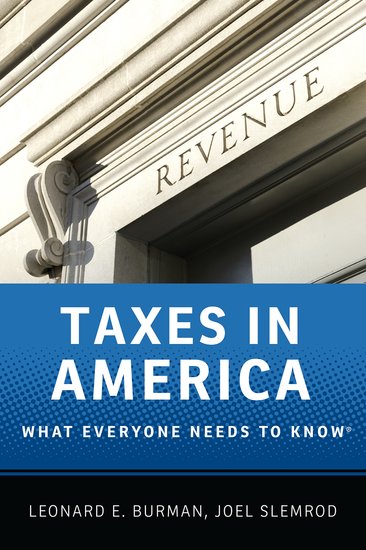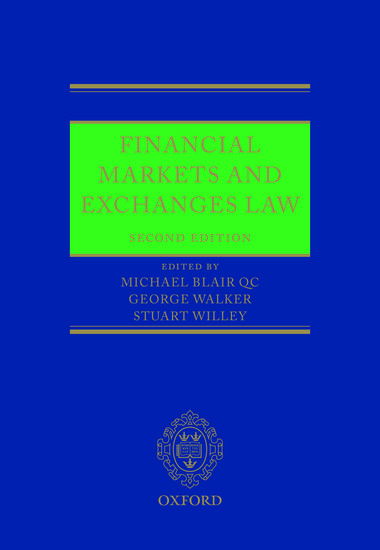Don’t get taken for a ride: taxis and other “tricky” markets
By Loukas Balafoutas
Have you ever wondered if your car mechanic is charging you too much? Or been worried about taking your laptop to a computer specialist, because that might cost you almost as much as a new computer? Have you ever suspected that your taxi is driving you in circles when you were visiting a tourist destination?









